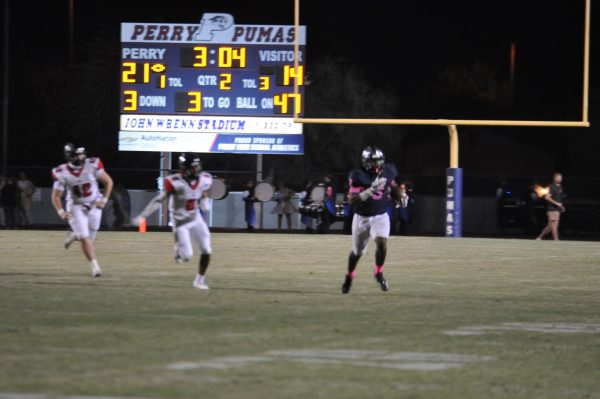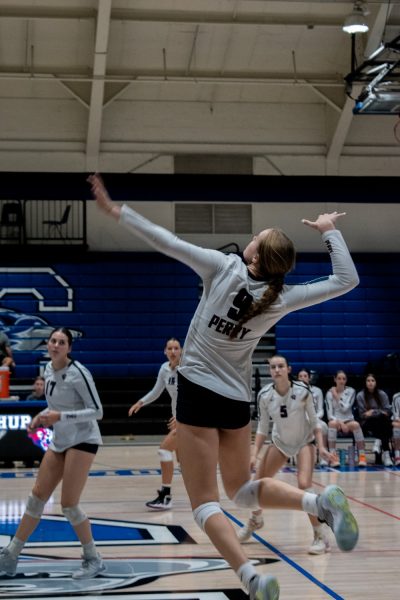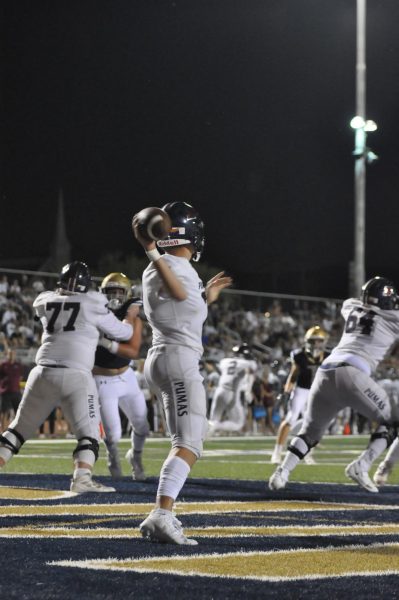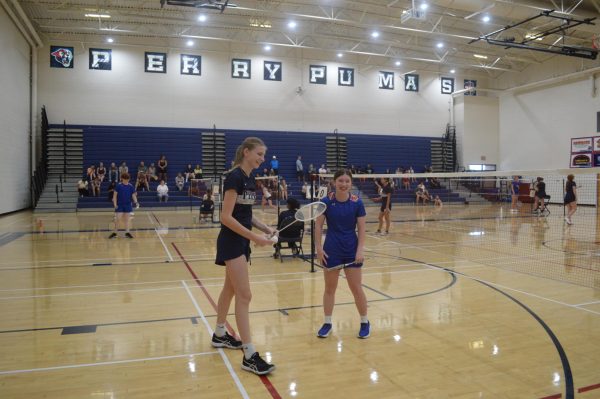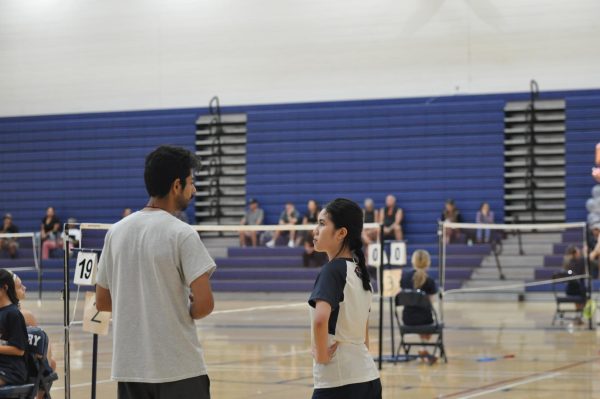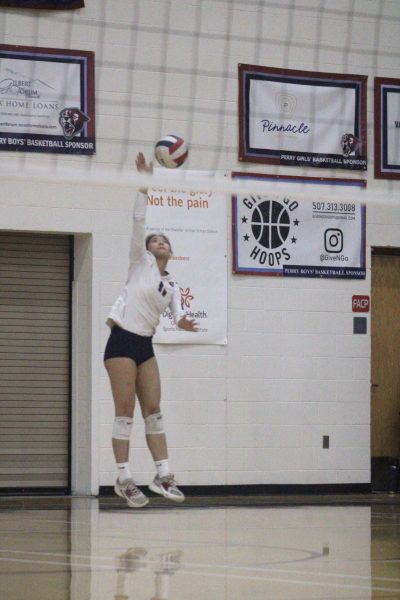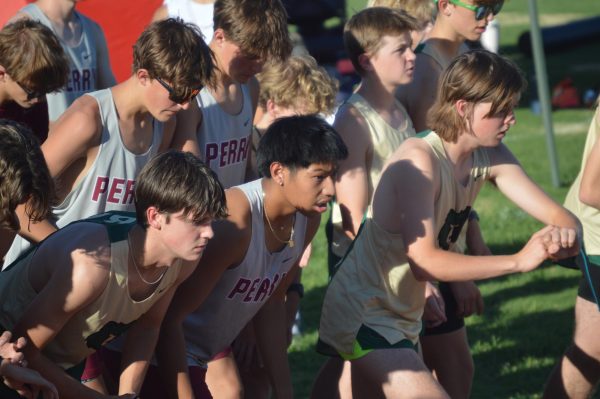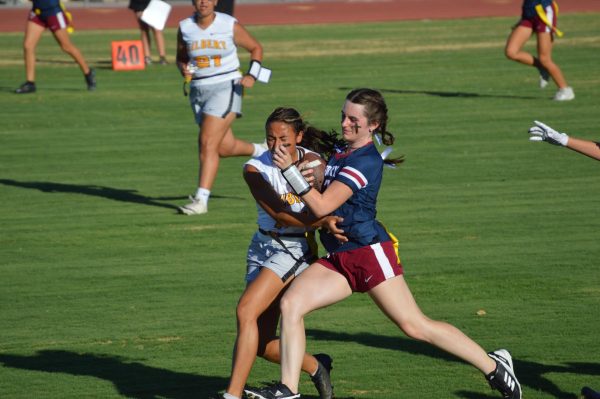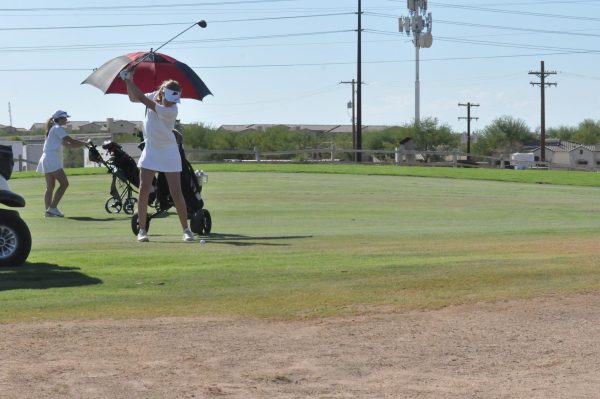PHS athletes defy stereotypes in academics
Snap judgements and stereotypes can oftentimes be common in a high school setting, especially with student athletes. Athletes, through their drive for competition, must balance their practices, training, and games with their homework, study sessions, and tests.
Recently, the results from Arizona Interscholastic Association (AIA)’s Academic Team and Individual Scholars awards have arrived for the fall varsity sports season.
Six out of the ten fall sports teams received the team scholar award for having an average grade point average (GPA) over 3.5, following the same ratio as last year’s teams.
Every fall sport carried an average converted GPA of over 3.0 with the highest being girls’ cross country with a 3.85.
“This fall season we’ve had the highest percentage that we’ve ever had at 57% of our fall sports athletes getting it,” athletic director Jennifer Burks says.
This rigorous weekly brain and body workout resulted in the majority of the fall season’s athletes receiving an individual scholar award, allowing the sports program at Perry to be seen as a great success both academically and athletically.
“Being in a sport you’re practicing for a couple hours every day after school,” Principal Dan Serrano says, “and then you have to study, and it’s difficult to do that.”
Senior Hannah Stevenson is one of these athletes who has balanced playing volleyball with academics, as well as her involvement in the National Honor Society.
“I have to work hard to stay on top of homework and not get behind on projects [or] procrastinate to avoid pulling all nighters,” Stevenson says.
When progress reports are released halfway through the semester, students who fail are considered ineligible to play for a minimum of a week and must go through after-school tutoring to improve their grade.
“They are allowed to come back after a week if they get their grade up and they have done the tutoring,” Burks says, “which I think continues to encourage students to keep trying.”
Coaches continuously stress the importance of academics to their athletes, pushing them to keep up their grades, with the incentive of being allowed to play.
“The worst thing to do is practice all week for a big game and then you’re ineligible,” Serrano says, “so they keep an eye on [grades] very closely.”
The athletic department is waiting for the results of the winter sports season as well as the spring season when it has ended, when they will be able to see how their statistics compare to past years.

Aja is currently a senior at Perry and this is her second year working on The Precedent. She will be covering graduation, features, and MOXIE. When she...

